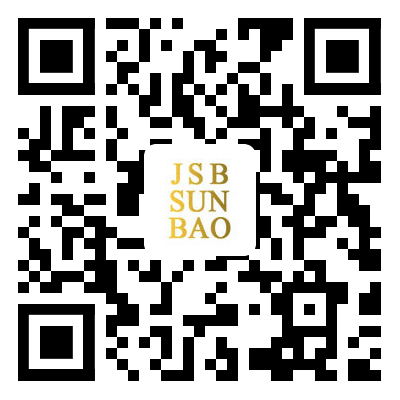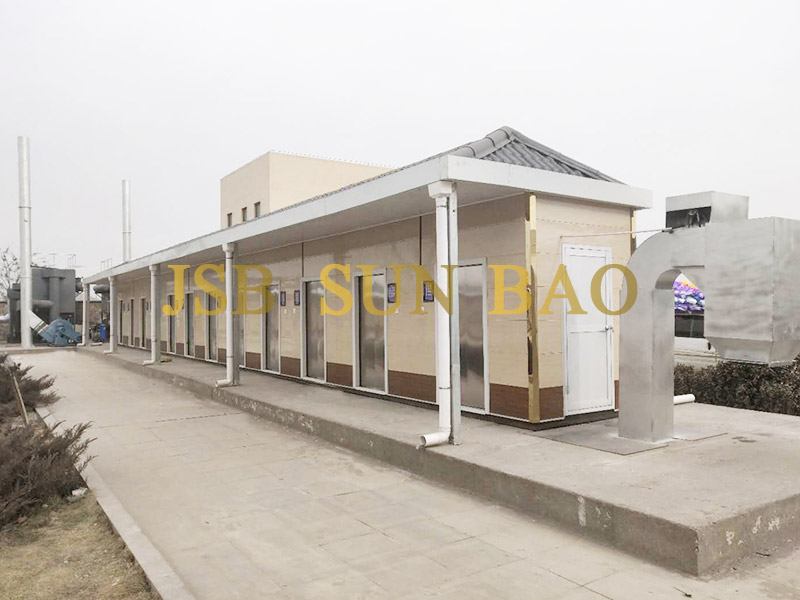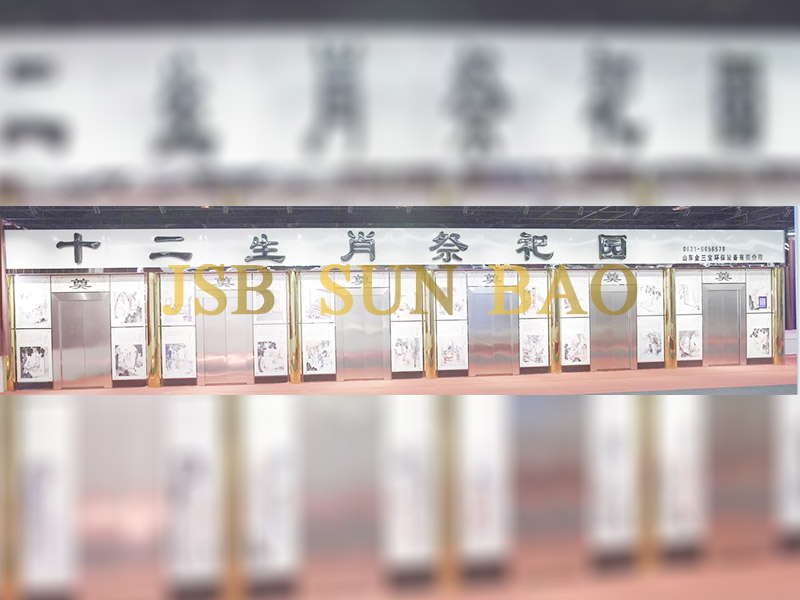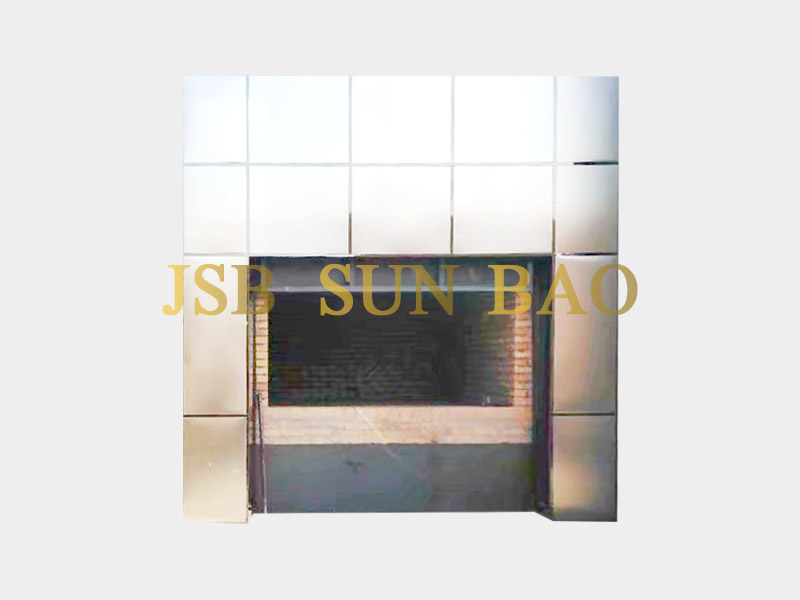Ancient classic memorial essay: "Diao Zhang Heng Wen" by Mi Heng
- Categories:Cultural world
- Author:
- Origin:
- Time of issue:2021-03-31 15:59
- Views:
(Summary description)Original: Nanyue is refined, and the emperor is born with his posture; he is peaceful and reasonable, and the emperor has his own opportunity; therefore, he can embroider the words and raise his hand. Xiyiyin is worth the soup, Lu Wangyudan; the king is born, but the man is alone; the flies flies, the phoenix is scattered
Ancient classic memorial essay: "Diao Zhang Heng Wen" by Mi Heng
(Summary description)Original: Nanyue is refined, and the emperor is born with his posture; he is peaceful and reasonable, and the emperor has his own opportunity; therefore, he can embroider the words and raise his hand. Xiyiyin is worth the soup, Lu Wangyudan; the king is born, but the man is alone; the flies flies, the phoenix is scattered
- Categories:Cultural world
- Author:
- Origin:
- Time of issue:2021-03-31 15:59
- Views:
Original: Nanyue is refined, and the emperor is born with his posture; he is peaceful and reasonable, and the emperor has his own opportunity; therefore, he can embroider the words and raise his hand. Xiyiyin is worth the soup, Lu Wangyudan; the king is born, but the man is alone; the flies flies, the phoenix is scattered; the turtle can be restrained, and the river and dragon can trip. The stone is decayed, and the stars are extinguished; but the road is prosperous and long and lasting. The voice of the monarch is always floating, and the river is exhausted; the voice of the monarch is always flowing, and the light never comes out. Although after the rest of his life, the body has been swimming; the scholar is the confidant, and the ruler is not worried.
Mi Heng (173-198), the character is right and flat. Readers who have read "The Romance of the Three Kingdoms" will inevitably leave an indelible impression of his horrifying act of scolding Cao Cao naked. This is not a novelist's language. In the "Book of the Later Han·Biography of Mi Heng", historical evidences can be found. The biography says that Mi Heng "has little ability to argue, but he is arrogant, so he can be slow and slow." This is the shining point of his character and his fatal point. His boyhood coincided with the Yellow Turban Uprising and the war of warlords, until his early twenties, and there was still a year or two to avoid chaos in Jingzhou. In the first year of Jian'an (196), Cao Cao moved Emperor Xian of Han to Xuchang, taking the emperor to order the princes. At that time, all kinds of talents came to gather, and Mi Heng also came to Xuchang, hoping to be useful. However, no one in the Cao's think tank can approve of him. In his eyes, even Xun Yu can only "have funerals". He could only value Kong Rong and Yang Xiu, who were the big celebrities at the time, but he still said without a word: "The elder Kong Wenju, the young Yang Dezu. All the rest are not counted." Kong Rong is his predecessor, younger than him. Twenty years old, he called Kong Rong "Zhong Ni immortal", and Kong Rong praised him as "returning to life." Kong Rong loved his talent, but he didn't care about his wildness. He also recommended to Cao Cao, praising him for his "sex and the way, thinking if there is a god", let him enter the court, "must be impressive." Cao Cao knew his talent and was about to summon him, but Ni Heng was "always ill" and was reluctant to go, and he kept saying wild words behind his back. Even Cao Cao, who always loves talents, suffocated the fire for this man of slanderous talent, so he called him to be a drummer, and ordered him to put on the drummer's clothes in public before playing the drums, so as to humiliate him. . Unexpectedly, Mi Heng took off to the end, "standing naked", after changing clothes, "the color did not change", hit Yuyang Sanos and left. Cao Cao had to admit: "I want to humiliate one's own minds, but oppose the loneliness." After hearing this, Kong Rong intervened and persuaded him to see Cao Cao again. Mi Heng was there, but he was holding a three-foot stick, "Sit at the big camp gate and yelled at the ground with the stick." Cao Cao was afraid that he could not tolerate talents, so he sent him to Liu Biao in Jingzhou. Mi Heng was so insulting and didn't stay long there. He was once again presented to Huang Zu, the impatient Jiang Xia prefect, and died in Huang Zu's hands because of his "bad words". He was only 26 years old.
Mi Heng is a rare genius. Historical biography He traveled with Huang She, the son of Huang Zu, and read the inscription written by Cai Yong on the side of the road. After returning, Huang She regretted not copying it down, and ordered someone to copy it. Mi Heng claimed that he still remembered it, and it was recorded silently, which was exactly the same as the copied inscription. He is agile and quick-witted. Once, Huang She feasted guests, someone presented a parrot, and Huang She asked him to make a gift on the spot, "to entertain the guests." Witnessing this parrot with only "odd posture" and "special wisdom", but being "closed in a cage and cut its wings and feathers", he thought of his own destiny, and grief came from it, and immediately wrote the "Parrot Fu" with help. It expresses the feeling of cage and sadness of the wise man, "there is no extra point in writing, but the rhetoric is very beautiful". After he was killed, all the articles were lost, and only 4 of them have been completely preserved to this day.
Relying on talents and arrogant things, arrogant, can be transferred to Ni Heng's theory of covering the coffin. However, with such an arrogant talent, why did Zhang Heng, who lived 50 years ago, become the object of his admiration, and with a sense of confidant "depression and different generations are different", he wrote this famous story. What?
Zhang Heng (78-139) was born in Xi'e, Nanyang (now Nanyangbei, Henan). As the most outstanding writer and scientist in the Eastern Han Dynasty, he is still praised by people today, but his reputation in later generations obscured his frustrated experience in his lifetime. In the era of Emperor An and Emperor Shun he was in, politics was getting darker, and foreign relatives and eunuchs were already vying for control of the government. But Zhang Heng is never in vain, and maintains his dignity in the nasty officialdom. Therefore, the "Book of the Later Han · The Biography of Zhang Heng" said that he "does not want to be in the world, the official he lives in, and he will not move for years." Later, although Emperor Shun moved him to a servant, "quoted in the veil, satirize the left and right", but the eunuch power has become, "fear that he will end up harming him, so we slander him together." The outstanding talents of "Sishilu" were driven out of the court. It is the huge gap between Zhang Heng's peerless talents, lofty ambitions and the evil times and unwilling experiences that have aroused Ni Heng's attention and sympathy. Things hurt others, Mi Heng felt that his life and fate were similar to Zhang Heng's, so he had a creative desire to mourn himself by hanging people. After Zhang Heng's death, he was buried in his hometown. His tomb was in Shiqiao Town in the north of Nanyang City, which is the only place to pass from Jingzhou to Xuchang. It is inferred from Mi Heng's traveling year that around the first year of Jian'an, he went to Xuchang Road via Nanyang from Jingzhou to avoid chaos. He was most likely to visit Zhang Heng's hometown to pay tribute to his favorite former sage. This hanging essay may have been written at this time. As for when he was sent by Cao Cao to Liu Biao, although he was also on the way from Nanyang, he lacked that freedom. It is unlikely that he would sacrifice to the tomb and write a essay.
The famous literary critic Liu Xie thought that Mi Heng's "Diao Zhang Heng Wen" was "beautiful and clear", and gave it a favorable comment. So, as a famous piece of mourning, what are the characteristics of "Diao Zhang Heng Wen" worth learning from?
One of the characteristics is condensed language. To Zhang Heng's outstanding endowment of such a genius, the essay only uses the two sentences "Nan Yue is fine, and the emperor is born", thinking that Zhang Heng's beautiful aptitude comes from Nan Yue's spirit. This line is of course because Zhang Heng's hometown of Nanyang County and Nanyue belonged to Jingzhou in the Han Dynasty, and the story begins with Nanyue, but it makes people feel like they were born. As a scientist, Zhang Heng devoted himself to the research of astronomy, earthquake, and calendar. He invented the armillary sphere and seismograph. He has authored famous books on celestial calculation such as "Notes on Armillary Sphere", "Lingxian", and "Summarization". However, the Diaowen did not count these achievements, but praised his level and achievements in various scientific fields with the eight characters "clear and reasonable, Jun Daqiji". "Qinghe" refers to nature with clear time and clear air, and Zhang Heng is fully aware of the mechanism. As a writer, Zhang Heng’s achievements are too numerous to list: his "Liang Jing Fu", with its grand structure and profound experience, won him an immortal reputation; "Gui Tian Fu" is a lyrical small Fu in the Wei, Jin and Six Dynasties. It has developed an important influence; even the little poem "The Poem of Four Sorrows" has its own characteristics and charm. However, the hanging text was only written in a single stroke of "so you can embroider words, raise your hand, and fly", while Zhang Heng's quick thinking and flamboyant literary talent are vivid in the eight characters. The layer of writing literature and the layer of writing astrophysics are inherited with the word “so Neng”, which shows that the achievement of literature is closely related to the physics of Dongda; and these two layers are the development and reference of Zhang Heng's qualifications in the opening chapter.
The second feature is the exquisite design. In addition to the miraculous beauty of Nanyue Hengshan as a metaphor for Zhang Heng's extraordinary aptitude, the hanging article also uses a set of metaphors "flies flies, the phoenix is scattered; the turtle can be restrained, and the river and dragon can stumble" a group of metaphors to outline a bird's-eye view of the political situation in the late Eastern Han Dynasty. "Flies fighting to fly" profoundly exposes the dark situation of chaotic politics and the villain's power. Flies can refer to eunuchs, foreign relatives, and the scum of the gentry and bureaucrats who tend to be inflamed. Yuan tortoise is the great tortoise. It and Helong are both legendary fetishes. They came to the world with Luoshuhe map on their backs, and Fuxi used it to draw gossip and push yin and yang. The phoenix is also a sacred bird that has only been seen in the world. It, Yuangui and Helong are undoubtedly used to compare Zhang Heng and himself, such an inexperienced genius, but they are either gone without a trace or are fettered. This set of metaphors attacked the dark politics of the villain in power and the oppressed talents. It clearly writes about the era in which Zhang Heng lived, and implies Mi Heng's condemnation of the world, which has profound implications.
The third feature is strong contrast. In addition to comparing the fly with the phoenix, expressing his own distinctive love and hatred; he also caught Yi Yin up to the flourishing age of Shang Tang. Lu Wang met Zhou Gong’s favor and contrasted with Zhang Heng, who was born in the declining age of the Eastern Han Dynasty. In time. At the same time, it also contrasts Zhang Heng's "eternal sound of the emperor" with "the river is exhausted"; contrasts Zhang Heng's "eternal sound of the emperor" with the dawn of dawn that may disappear or appear, that is, "the light is not coming"; Corruption and the death of Huaxing contrast the human world. Only the right way is the eternal and inexhaustible. River water, morning light, solid stone, and Huaxing are all immortal matter, but compared with Zhang Heng's fame, they are not eternal. This contrasting technique has few words but sufficient meaning, literary conventions and long meanings, making Zhang Heng's image of life and prosperity stand up like a stalwart statue.
The fourth feature is beautiful rhythm. Except for the leading words of the fifth sentence "Gu Neng" and the seventh sentence "Xi", the whole essay is composed of four-character sentences, which can be regarded as a four-character poem. The full text is divided into four layers, each with a set of rhymes. In terms of rhyme, the author seems to have chosen carefully. The first layer writes about Zhang Heng’s endowment achievements, rhymes with posture, opportunity, and flying, giving people the charm of Yiyi memorial; the second layer writes about Zhang Heng’s misfortune, which rhymes with Dan, Han, San, and stumbling. It seems to give birth to regretful chants; the third layer condolences Zhang Heng, convinced that his reputation is immortal, rhymes with the sounds of extinction, extinction, exhaustion, and utterance, giving people a sense of decisive decisiveness; the fourth layer expresses one’s own feelings, with you, Worry is ou rhyme, and the long rhyme makes people have a meaningful aftertaste. The beginning and ending of the full text are all in flat rhyme, which makes the rhyme of the whole poem clear.
The end of the hanging text is a spiritual dialogue between Mi Heng and the sage Zhang Heng. He said to Zhang Heng: Although I live behind my husband, I will follow your virtues and learn from your talents; scholars value confidants the most valuable, and you must not worry about the lack of homology, sir. The arrogant Mi Heng compares himself with Zhang Heng as a confidant. To hang Zhang Heng is to hang himself. Everything that Zhang Heng says is the master's own way, and the main point of the article is self-evident. "Wen Xin Diao Long · Sorrows" believes that hanging texts are generally used in four situations: "Or arrogant to perish, or arrogant to be obedient, or ambitious but not timeless, or beautiful and talented and tired, chase and comfort It is named "Diao". What Mi Heng hangs is Zhang Heng and his own "ambition but no time", that is, ambitious but unlucky at times, which is in line with the purpose of Diaowen. But Mi Heng was even more untimely than Zhang Heng. What he encountered was an era in which wild geniuses could not be tolerated by speaking only by force. Before he showed all his talents, he was killed by Huang Zu. "You can't tolerate you, think about Huang Zu's hero", the Tang dynasty Luo Yin's poem reveals embarrassing regrets.
WRITE A MESSAGE TO US

An enterprise integrating research, design, development, and sales of intelligent manufacturing cremation equipment and supporting facilities
CONTACT
ADD:
No. 10, Xintai Road, Economic Development Zone, Rushan City, Weihai City, Shandong Province
E-MAIL:
TEL:
+86-17863078877、+86-0631-6656578

all rights reserved:JSB SUN BAO 鲁ICP备2021012538号-1 300.CN This site supports IPV6 access
















